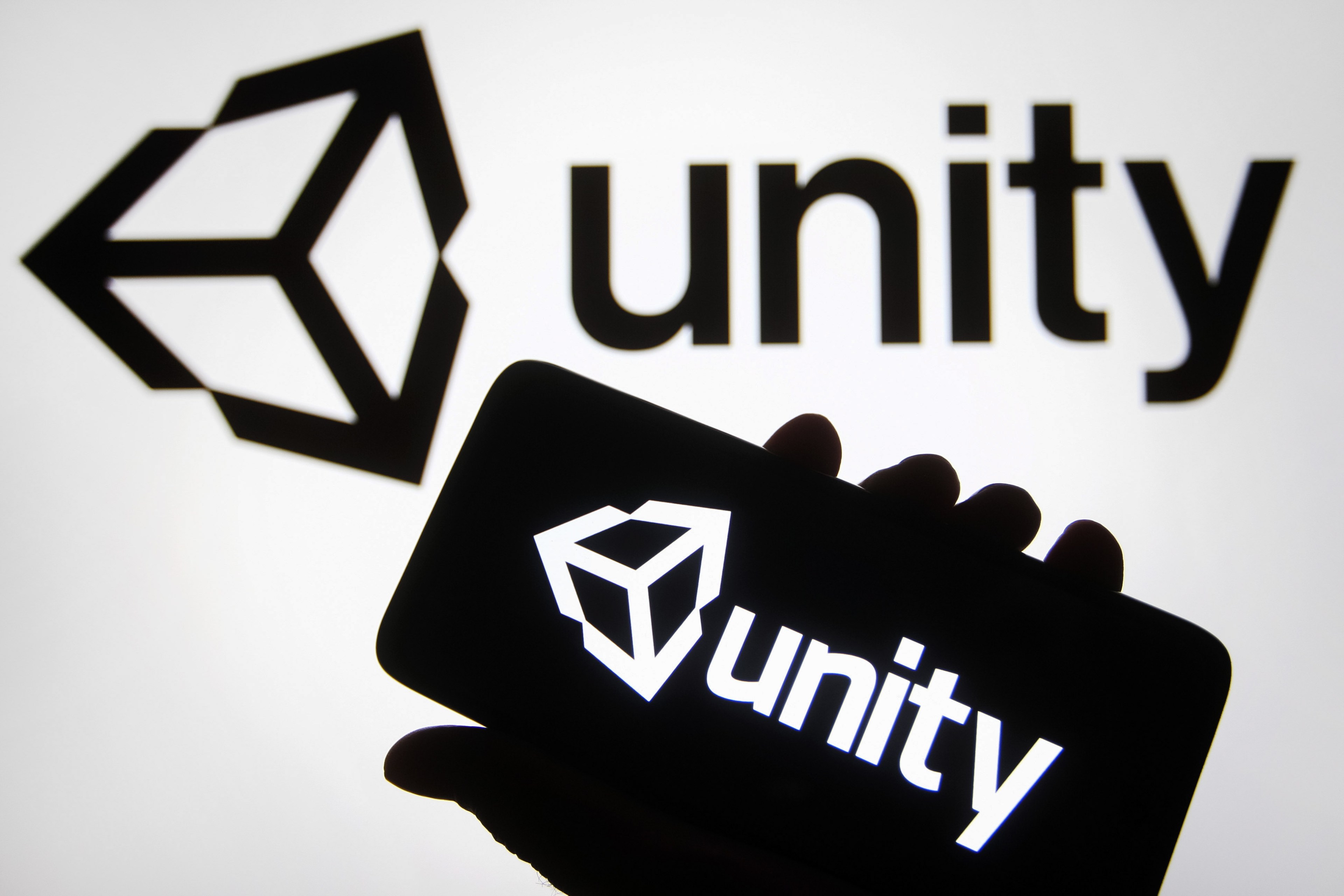Unity is laying off 265 workers as part of a broader corporate tightening, capping off a major rough patch for the San Francisco-based game development firm.
A Unity spokesperson confirmed the headcount reduction to The Standard on Tuesday but declined to provide further details about the cut or affected workers’ severance agreements. The news was first reported by Reuters.
Jim Whitehurst, the company’s interim CEO, wrote in a letter to shareholders earlier this month that a cut in the company workforce would likely be necessary as part of developing a “more focused portfolio.”
Unity, in tandem with the layoffs, ended an agreement with New Zealand-based visual effects company Weta FX—co-founded by Lord of the Rings director Peter Jackson. In 2021, Unity purchased Weta’s technology arm for a staggering $1.6 billion and signed a professional services agreement with the standalone company Weta FX. That deal will end on Dec. 10.
In addition to the layoffs, Unity also plans to cut its real estate footprint significantly, shutting down 14 offices around the world and cutting its office space in San Francisco. The company currently rents 86,000 square feet of space across two Downtown San Francisco Buildings at 30 Third St. and 760 Market St. The leases are set to expire in August 2025.
This latest layoff round comes six months after it cut 600 jobs—about 8% of its then-staff of around 7,500—in May. The company also cut around 300 workers in January. With these reductions, Unity’s staff count is likely down to around just over 6,600 workers.
The company is still reeling from a backlash from its user base—and the broader gaming community—in light of key changes made to its pricing model in September. The company, whose technology powers popular games like Pokémon Go and Genshin Impact, drew the ire of customers after it announced that developers must pay a fee every time users download their games if they surpass revenue caps. (In the shareholder letter, the company acknowledged that “the execution created friction with our customers and near-term headwinds.”)
Just weeks after the controversial pricing model was announced, the company temporarily closed down its San Francisco headquarters after an employee allegedly issued a death threat on social media timed around an all-staff meeting led by then-CEO John Riccitiello. Riccitiello stepped down from the post in October.
